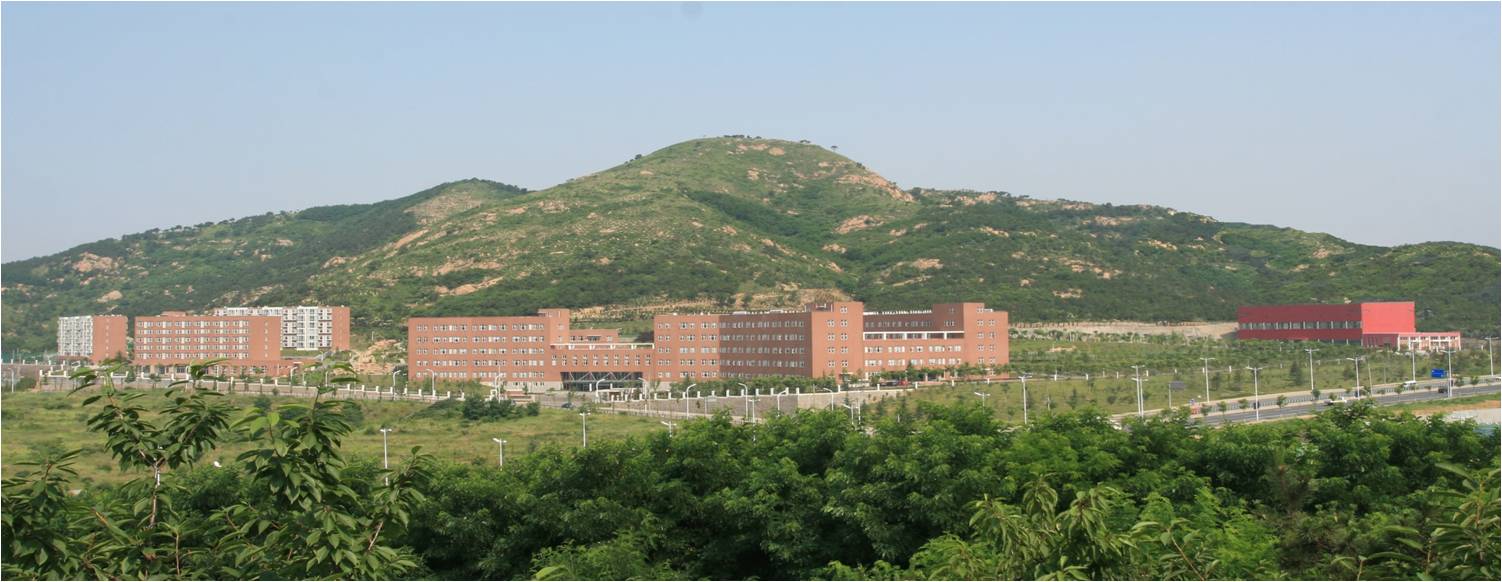The Qingdao Institute of Bioenergy and Bioprocess Technology (QIBEBT), Chinese Academy of Sciences (CAS) was cofounded by CAS, the provincial government of Shandong and the municipal government of Qingdao in 2006. On August 1, 2011, CAS and the Qingdao Municipal Government signed an agreement, marking the official launch of the second phase of construction.
In 2017, guided by a visionary roadmap of the CAS leadership, the two sibling institutes of QIBEBT and Dalian Institute of Chemical Physics (DICP) have initiated a major undertaking of syncretized development. In 2020, based on QIBEBT as the backing unit, the construction of Shandong Energy Institute (SEI) was officially launched, which sets up a platform for the institute to serve regional economic and social development. The same year, the Qingdao New Energy Shandong Laboratory was unveiled, which aims to promote Shandong-rooted original innovations in new energy and accelerate transformation of its energy generation and consumption framework into a clean and efficient one.
QIBEBT adheres to the combination of innovation-driven and demand-driven, equal emphasis on original innovation and integrated innovation. It focuses mainly on the fields of renewable energy and advanced energy storage, frontier biotechnology, and advanced material. The institute conducts major innovation research and breaks through cutting-edge scientific problems and core key technologies in the field, which provides major innovation results and system solutions, and plays an irreplaceable role in meeting major national and regional needs.
As of the end of 2020, QIBEBT establishes two postdoctoral mobile stations in biology, chemical engineering and technology; four first-level PhD programs in biochemistry and molecular biology, microbiology, chemical engineering and technology, and materials science and engineering; two major master programs in biology and medicine, materials and chemical engineering. All of these formed a discipline training system covering the fields of biology, chemistry, chemical engineering, materials, etc.
Through the implementation of the "Talent System Project", QIBEBT has set up more than 30 innovation research groups and built the institute of energetic and creative scientific and technological talents.
The Institute currently has 16 provincial and ministerial innovation units including the CAS Key Laboratory of Biofuels, the CAS Key Laboratory of Bio-based Materials, the Shandong Synthetic Biotechnology Innovation Center, etc.
The institute has approximately 1000 faculty members and 400 students. Fifty-two percent of the institute’s personnel have doctoral degrees, and about 100 employees hold senior professional or technical positions. In addition, more than 60 professors have received awards from national, provincial, and CAS talent programs. QIBEBT has obtained 845 competitive research projects, with total funding reaching 702 million CNY (103 million USD), of which 20 percent is from industry.
QIBEBT attaches high importance to promoting international communication and cooperation. Under the banner of "Communication brings cooperation, cooperation brings innovation", QIBEBT has established strategic and stable partnerships with more than 20 globally renowned universities, research organizations, enterprises, and academic associations. With its partners, QIBEBT has established joint laboratories, engaged in academic exchange and training of research staff and postgraduates, and conducted collaborative research projects, regular seminars and conferences. Working with our worldwide partners, QIBEBT aims to establish a global partnership for excellence in green energy and materials for a sustainable Earth.
